Obituary: John Ammon
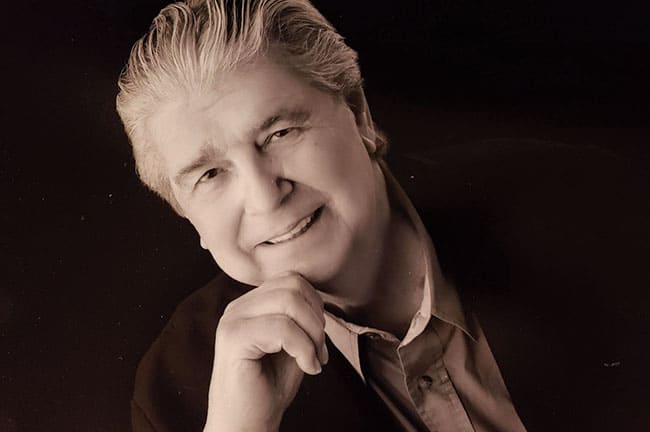
Teacher, tireless advocate, volunteer, esteemed member of the Tsnungwe Elders Council
John Ammon, born in Hoopa, California on May 21, 1942, died on Oct. 27 at age 79.
He was the seventh son of Chan and Ruth Ammon and was Tsnungwe and Portuguese. He grew up on the South Fork Trinity River where his family has always lived. The Indians of the South Fork have been called by many names, but call themselves the Tsnungw. The name is taken from the sacred mountain Tse:ning-din or Ironside as it is also known.
On his first birthday, his two oldest brothers — twins Wes and Les — enlisted in the U.S. Navy to fight in World War II. All of his brothers: Jubie, Junie, Toby, and Phillip, as well as his father, served in the military.
As a young child of eight, his mother, Ruth Taylor Ammon, was taken to the Chemawa Indian School in Salem, Oregon for eight years. She was not allowed to come home until she was 16 years old. Because of this, she was determined that her sons would be educated locally. John attended school in Hoopa, California, where his Aunt Rose taught at the elementary school.
He did well in school, graduating from Hoopa High School in 1960. He then attended Humboldt State University in Arcata, and become the first member of his family to graduate from college.
He went on to teach for 37 years in the East Side Union High School District in San Jose. Both of his children, Danny and Shelley, are also college graduates and became teachers.
John was very active in the Indian community, and was part of the Indian Education Programs in San Jose since 1974. He was also the first parent chairman of the Title IV program when it started at the Alum Rock Elementary School District in San Jose. He served on the San Jose Indian Center board for many years, and hosted the Indian elders at a monthly Saturday lunch and social gathering for 13 years. He was a board member of the Indian Health Center of Santa Clara Valley. He created a nonprofit, Native Doors Networking Senter, that provided afterschool help for students in kindergarten through high school. The program utilized Native American students from Stanford University to tutor and mentor all grade levels, with the emphasis placed on understanding, not getting the right answer.
While he worked, taught, and retired in San Jose, he held onto his family, friends, and traditions in Trinity County. He and his son, Danny, purchased land where the Tsnungwe principal village Le:ldin once stood at the mouth of the South Fork Trinity River.
He was also descended from Hupa-speaking villages on New River and in Hoopa Valley. He was an esteemed member of the Tsnungwe Elders Council and had served on the council since 1989. He provided leadership for the education committee and was an inspiration, beginning the tribe’s Education Honoring Ceremony that recognizes members of the tribal community’s accomplishments. Recipients have included preschool, elementary school, eighth grade, high school, and college graduates, with one member receiving special recognition for the completion of her ceremonial dress.
When he retired, he spent time at home on the South Fork River visiting family, telling the old stories, and helping with the construction of a traditional house at Le:ldin.
While teaching, he also participated and studied with the Sylvia Brown Institute for 10 years, earning certifications in meditations and past-life hypnosis, eventually becoming a successful minister, providing sermons while in San Jose.
In 2012 he was one of 30 California seniors selected from 80 nominees honored as a California Senior Leader. It was at this occasion in Oakland, California, where he met his sweetheart, Sandy Hester. They enjoyed life together for 10 years, living in Claremont.
He was quite active over that decade, serving as assembly member of the California Senior Legislature; a member of Democratic Club of Claremont; the Newcomers Access Center (helping Central American, Mexican, Syrian and Afghan refugees to resettle locally); the West Covina Elks Club; the Montclair RV Campers; the NAACP; the Latino Roundtable Member (with his sweetheart Sandy); Aging Next; Claremont Senior Services; a board member of the American Institute for Progressive Democracy; and a Tri-City Mental Health Community Liaison.
He also led guided meditations and past-life hypnosis sessions at Buddhamouse Emporium; collaborated with Tribal Chairman of the Costanoan Rumsen Carmel Tribal Council, Tony Cerda on Native American tribal activities; and was a loyal activist for local, state and national Democratic political candidates and campaigns.
He fought prostate cancer for eight months before dying peacefully in his sleep at home with Sandy and Shelley (his baby girl) by his side.
He was preceded in death by his father Chauncey Leroy Ammon; mother Ruth Taylor Ammon; and brothers Wes, Les, Jubie, Junie and Toby Ammon.
He is survived by his brother Phillip Ammon; his sweetheart, Sandra Kay Hester; son Danny Ammon (wife, Cassie) and daughter, Shelley Ammon Smith (husband, Devon); grandchildren Muriel, Cecilia and Gabel Ammon, Peyton and Milo Smith; and numerous nieces, nephews and cousins.
A John Ammon scholarship will be created to help Tsnungwe students continue their education. Donations may be made to Tsnungwe of California, PO Box 373, Salyer, CA 95563. More information is at https://dannyammon.wixsite.com/website.
“In a time when people are struggling to keep their identity and remember what is important, John knew who he was and what was important — education for all people,” his family shared. “He was a positive role model who inspired others to be and do more.”

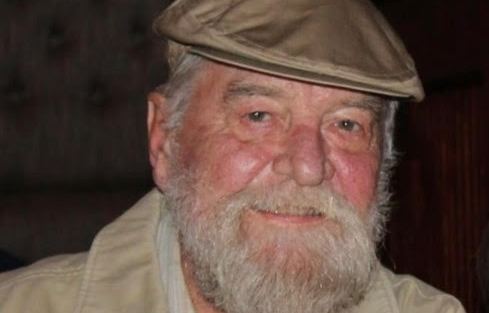
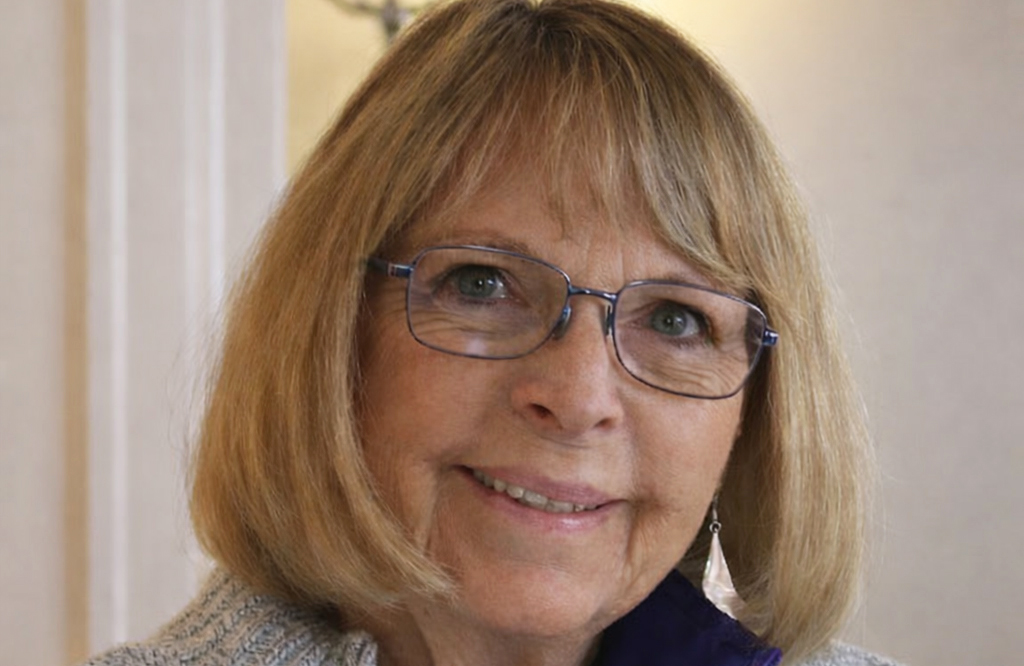
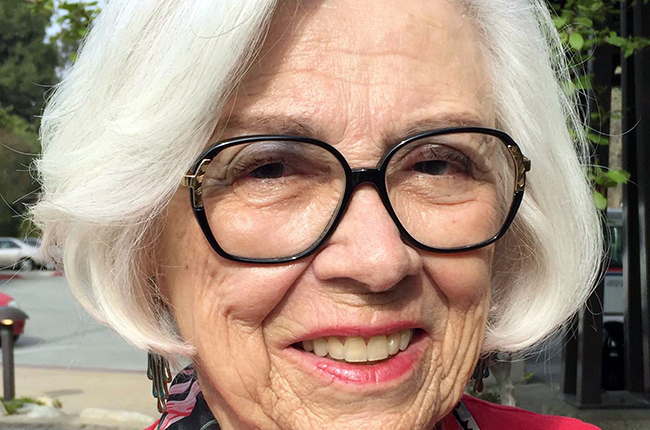
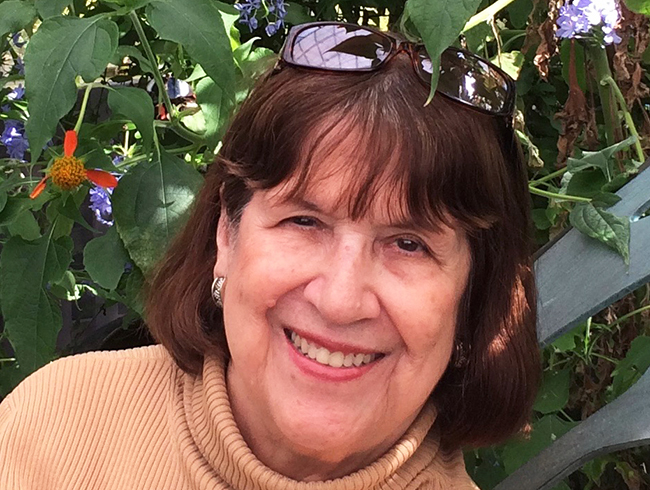
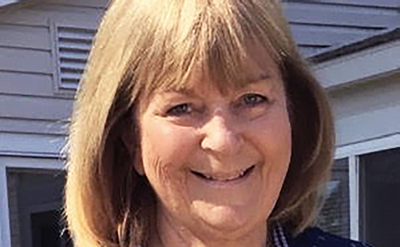
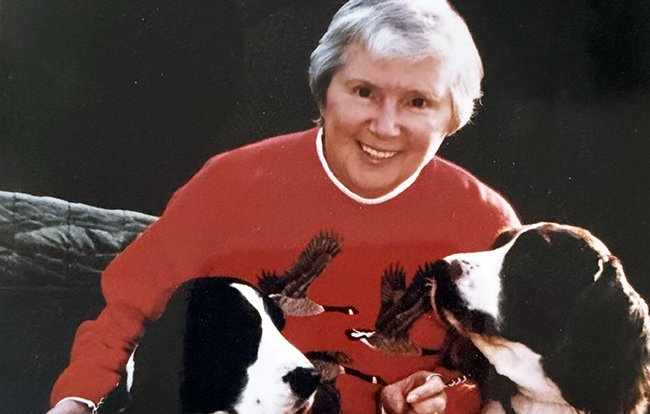

0 Comments